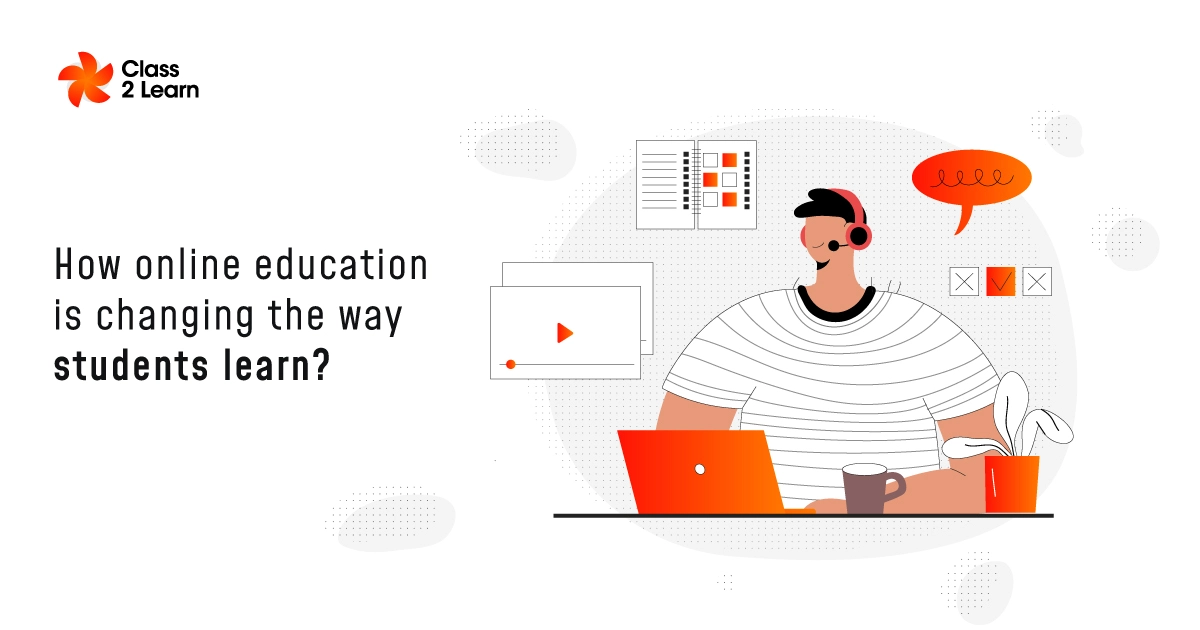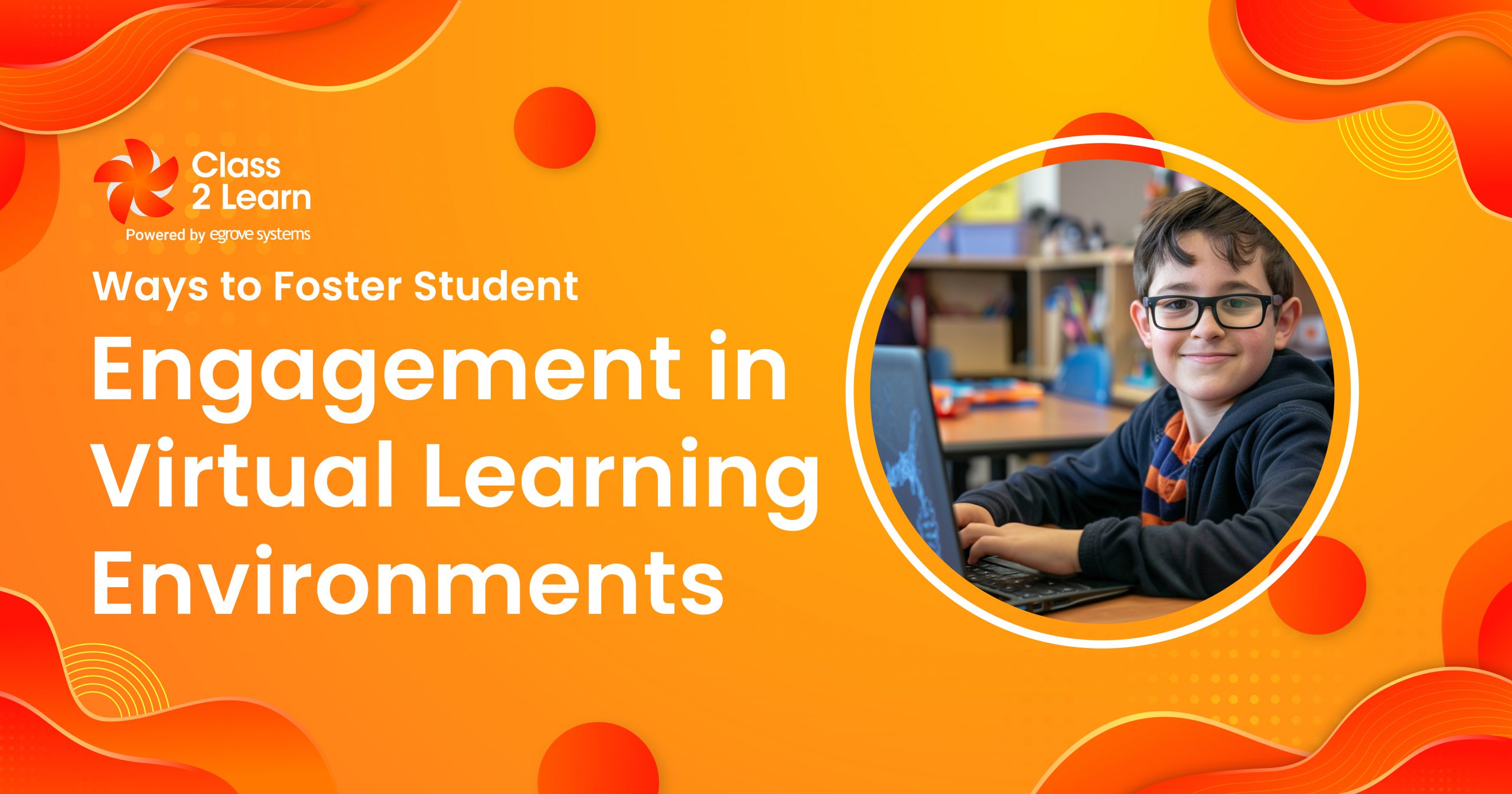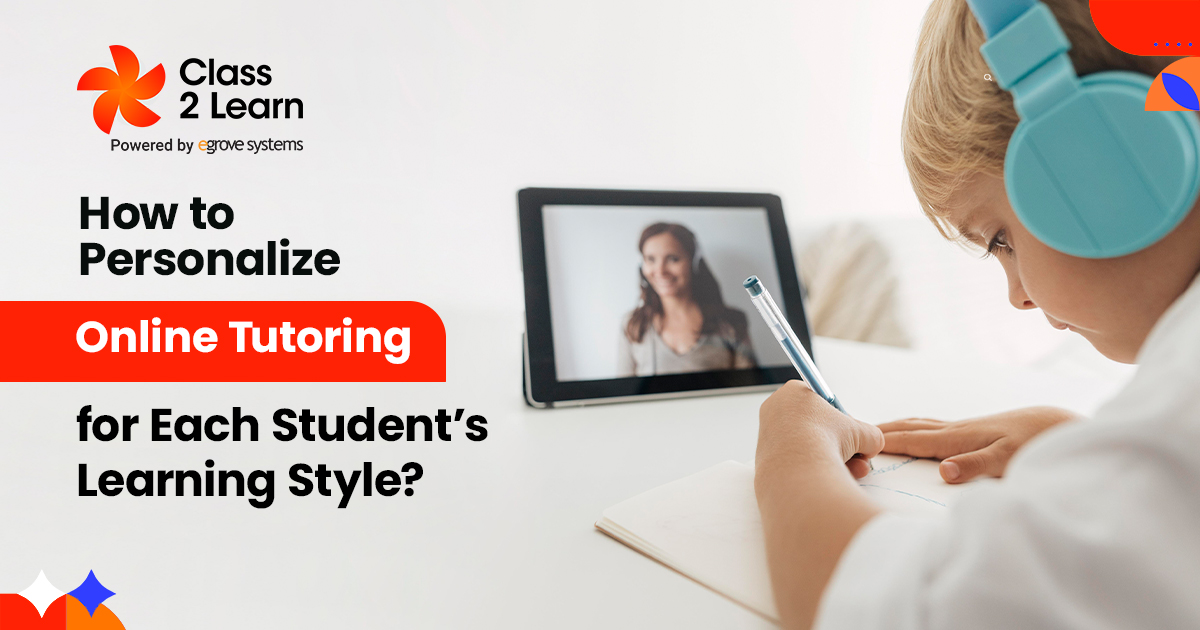Long gone are the days when education was the purview of a brick-and-mortar classroom. With the advent of the internet and the advancement of digital infrastructure, learning has moulded into a unique phenomenon, transcending the boundaries of time and geographies. Although the history of online learning can be traced back to the mi-20th century with the development of remote institutions and the usage of tools like video clips to disseminate knowledge, it is only since 2020 that online education has become mainstream. It would not be erroneous to opine that the COVID-19 pandemic was a watershed moment for e-learning, as the world was forced into a lockdown, the billions of children had to resort to the web and cloud services to continue their educational ventures.
Nevertheless, three years into the post-pandemic world, the importance of online education seems to be only increasing. For instance, the global e-learning sector is sporting an unprecedented annual growth of 19 percent per annum and is set to touch the USD 243 billion thresholds in the next two years. Besides, the generic perspective regarding online education has experienced a sea change, as now everyone is accepting and welcoming of this novel mode of knowledge distribution. In this article, we will look into the various ways by which online education is affecting children and why it is dabbling in e-learning is a necessary step!
The Transformative Nature of Online Education – Top 5 Ways By Which E-learning Changing the Way Students Learn
1. Accelerated Learning
One of the most pertinent ways by which online education is changing the way students learn is by streaming the entire process of attaining knowledge. Earlier, a student had to travel to reach their institution and attend a class. The commute would be among the most exhausting and time-consuming parts of their day. Thus, the time use is not optimized. However, when it comes to online learning, the process of commute is eradicated altogether, thereby providing the students extra time and energy to focus on their classes. For instance, a student might be able to partake in two classes in the same amount of time that they earlier sat for in one class. Thus, online education accelerates the learning mechanism by removing physical hurdles from a student’s life
2. Collaborative Learning
Learning that happens in physical classrooms is also collaborative, undoubtedly. However, in the online mode of education, the collaborative boundaries are further blurred for a student. For instance, a child can study from the comfort of their home and interact with like-minded peers from all over the world. Similarly, there are training courses with different social learning techniques that can help a student interact with other participants. Lastly, a collaborative ambiance can be ignited through teamwork tasks, dialogue simulations, work in pairs, and more.
3. An array of Learning Formats
One of the major ways by which online education is changing how students learn is by extending various options regarding the mode of knowledge acquisition. The diversity that e-learning provides has a plethora of benefits. While traditional classes in a brick-and-mortar setup come with a limited set of learning tools, they proliferate when we take education online.
- Videos – Educational videos are one of the best ways to capture the interest of students and facilitate knowledge retention. According to a recent study, 85 percent of the surveyed institutions noted a significant improvement in student performance after introducing videos into the learning mechanism.
- Quizzes – A typical yet fascinating mode of online education is quizzes. Their popularity is age-old and it has not died down even in 2023. Quizzes enable teachers to quickly assess the student’s knowledge and simultaneously provide prompt feedback to the student, which can be leveraged for future improvement and progress.
- AR and VR Simulations – They are e-learning technologies that have, truly, revolutionized the face of online education. Virtual reality is an excellent tool to teach students both practical aspects and role-specific human facets of a subject.
- eLearning Games – Full-fledged educational games are also transforming online education by captivating the minds of young learners and compelling them to learn more.
4. Flexible Learning
The fourth way by which online education is transforming the way students learn is by making the process of knowledge acquisition highly flexible. Firstly, various online courses offer students the option to complete the syllabus at their own pace. Moreover, online learning is also comparatively more affordable than traditional learning in brick-and-mortar classrooms. Thus, students from different socio-economic backgrounds can have access to high-quality education. Thus, e-learning in the guise of being flexible and affordable is democratizing education.
5. Improved Knowledge Retention
Last but not least, online education also culminates in improved knowledge retention. In today’s day and age, when the attention span of humans is decreasing, online learning can be a way to save face. The use of the audio-visual medium in online education, undoubtedly, improves knowledge retention. For instance, a study shows that 65 percent of people are visual learners, and as words are abstract and complex to remember, our brain usually prioritizes ‘images’ for information retention.
Similarly, a recent survey also shows that the knowledge retention process manifolds when two or more senses are involved in the learning process. Thus, by using multiple interactive modes of knowledge absorption, online learning can help even the most absent-minded individuals bolster their academic performance.
Wrapping It Up
So, there we have it, a crisp overview of how online education is changing the way students learn. In today’s day and age, sleeping on e-learning is not an option for any student, educator, or institution. Online education is that weapon, which can make higher learning more accessible and egalitarian. Moreover, with added benefits like better knowledge retention, flexibility, and heightened collaborativeness, the scope of online education is only going to expand in the near future.





Add comment